Frustration overwhelmed me as I watched the pack of village children disappear from sight. They were headed in the direction of the village, likely home, which meant they had been working all through the night.
And before I could stop myself, I started after them. I didn’t want to catch up with them, so I stayed far enough behind they wouldn’t hear my footsteps over their shoulders.
I could follow villagers without being spotted—from a distance of course. I did it sometimes, just to amuse myself. I wasn’t nearly as stealthy as Tamsen, of course, but I was good at remaining unseen, as long as I kept my distance. I had a way of fading into the background. No doubt my dark green cloak helped somewhat.
I had been right—the children were headed back to the village. I could see the smoke from chimneys reaching up into the cold morning air. There was a short, steep hill just before, and when I reached the top, I looked down at the village of Carin.
It was a small place, a patchwork of dirt roads, wooden cabins with thatched roofs, and running children. I was always amazed at the number of children I saw whenever I drew near the village. Maybe it had to do with growing up with only one brother, but there always seemed to be so many scurrying around, never dressed warmly and always with runny noses.
Three of the houses I could see from my vantagepoint had small pens outside their door for their livestock—a few skinny goats—and chickens, which ran just as wild as the children.
I smiled when I looked down at the quiet chaos of the village. It was not much of a town, and there was no real beauty in it, but still . . . I wished my father would bring me to the village more frequently. Or at least allow me to come on my own.
Maybe that would help. If the villagers saw me and Tamsen more regularly, maybe they would grow used to me. Maybe they would see that I was not so different—that I was just like them. But maybe not.
I had been to the village a few times with my father, when he sought medicines or eggs or something we couldn’t get on our own. I had seen the ways the people of Carin both feared and respected him. He seemed to feel that it was important they feel that way, but I could do without the fear—and the respect—if I could just have a friend.
My heart felt heavy as I turned around, but looking at the village I was not a part of would only make it heavier still, so I started down the short hill, back onto the path.
I didn’t know why I was wasting time anyway. I needed to get the ice berries and get back home before my father had time to wonder where I had gotten to.
I marched down the path, gritting my teeth and reminding myself for the thousandth time how lucky I was that I didn’t have to work in the ore mines. That was something that did set me apart from the villagers, as it was required of every person in the village to spend a certain number of years in the ore mines. How many years depended—it was different for men than it was for women and children. An emissary from New Helio came at the start of each season to inspect, give orders, and ensure there were enough people working in the mines to yield the ore needed to fuel the city of New Helio’s growth.
New Helio is a city of promise, the emissary said on every visit. I still remembered how I’d felt the first time I’d heard him say it. Dr. Wells was the man behind New Helio’s epic growth, though no one from the village—including my father—had ever been to see the city for themselves, or ever set eyes on Dr. Wells.
But I had imagined them both. I’d pictured New Helio as everything Carin was not—shiny, clean, warm, and bursting with life and energy and promise. I imagined the people who lived there were strong and smart and healthy—the brightest in all of Terra. In New Helio, there was always enough to eat, and everyone said hello as they passed.
I thought of New Helio as I marched down the frozen path and vowed that I would escape this life that has been forced on me. I would be the first to go to New Helio. I would see it for myself.


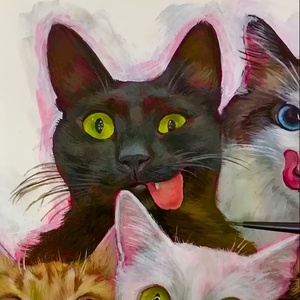
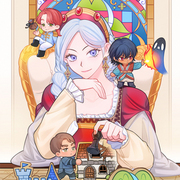
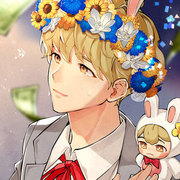
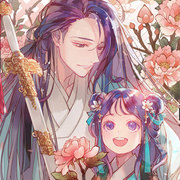
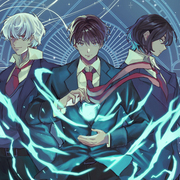
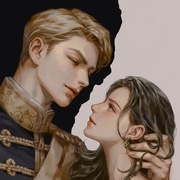
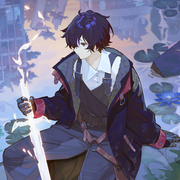

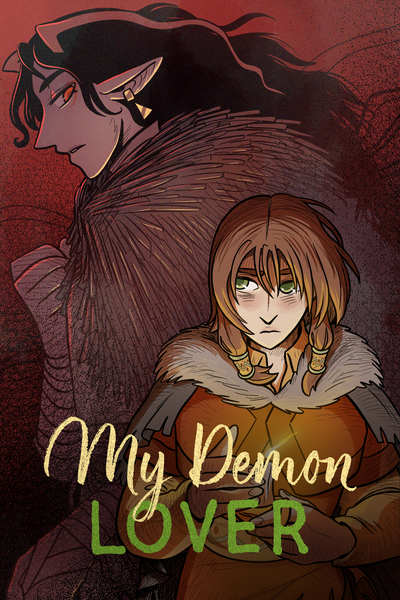
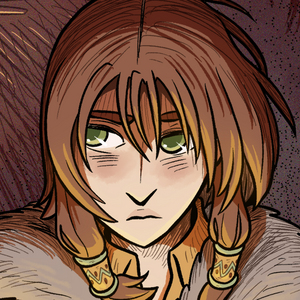
Comments (3)
See all